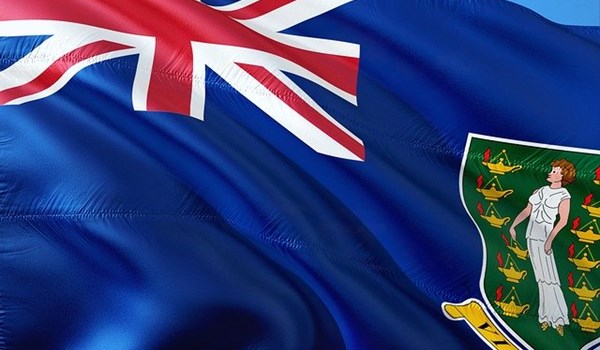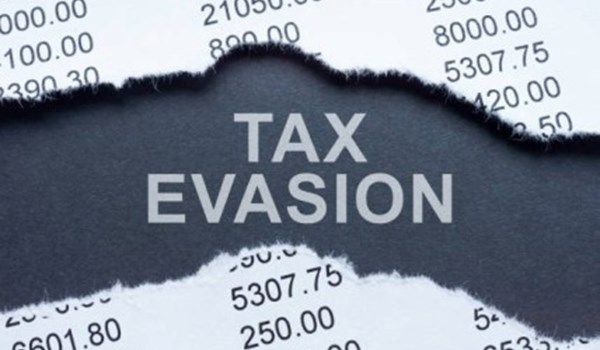The EU announced Tuesday its revised tax haven blacklist, which removed Anguilla, Dominica and Seychelles, but the NGO Oxfam immediately called it “a joke” given the Pandora Papers revelations.
The list, approved by EU finance ministers meeting in Luxembourg, now counts nine jurisdictions deemed non-cooperative for tax purposes, particularly where it comes to sharing tax information under an OECD agreement.
It features three US territories — American Samoa, Guam and the US Virgin Islands — as well as Fiji, Palau, Panama, Samoa, Trinidad and Tobago, and Vanuatu.
Anguilla, Dominica and Seychelles were downgraded to an annexe grey list the EU keeps of jurisdictions considered to be committed to international tax standards — but not yet there.
Other territories added to that grey list were Costa Rica, Hong Kong, Malaysia, North Macedonia, Qatar and Uruguay, according to a statement by the European Council.
The statement said that Australia, Eswatini and the Maldives were removed from the grey list.
Oxfam, a British charity campaigning against global poverty, said in a statement that the EU’s list was ineffective and insufficient given the Pandora Papers.
The massive trove of leaked documents showed how the world’s elite is using tax havens and offshore and shell companies to stash assets worth hundreds of millions of dollars.
“The EU is shutting its eyes to real tax havens while considering blacklisting poor countries who do not sign up to the imminent global tax agreement,” Oxfam’s EU tax expert Chiara Putaturo said.
“Today’s decision to delist Anguilla, the only remaining jurisdiction with a zero per cent tax rate, and Seychelles, which are at the heart of the latest tax scandal, renders the EU’s blacklist a joke,” she said.
“While the Pandora Papers investigation blew the lid on how the super-rich continue to use tax havens to avoid paying their taxes, ordinary people are asked to foot the COVID-19 recovery bill.”



